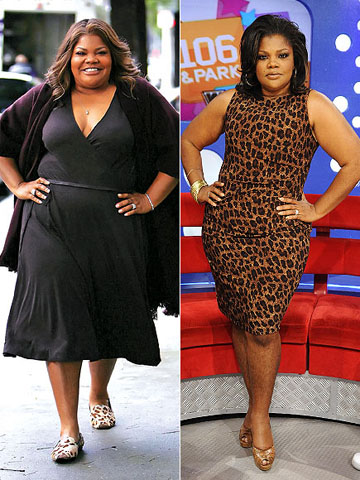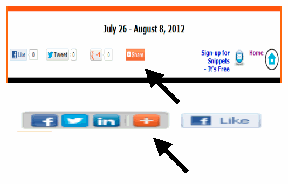 “This is a great idea! I refuse to let my child be obese and this is a workout we can do together,” a mother gleefully said after she had just finished a Z Go Go Fitness workout I co-conducted in Temple Hills, Maryland. As she passed by all the Go Go instructors on her way out of the room, she was happy that she could exercise with her daughter and vowed to return with her for the next class.
“This is a great idea! I refuse to let my child be obese and this is a workout we can do together,” a mother gleefully said after she had just finished a Z Go Go Fitness workout I co-conducted in Temple Hills, Maryland. As she passed by all the Go Go instructors on her way out of the room, she was happy that she could exercise with her daughter and vowed to return with her for the next class.
As the obesity rate in the United States continues to rise, health experts, fitness experts and educators are looking more closely at how to address this issue among the youth. The problem has gained national coverage by First Lady Michelle Obama’s program “Let’s Move” that specifically encourages school age-children, male and female, to become more physically active.
“let’s be healthy."
According to the U.S. Department of Health and Human Services, African-American women have the highest rates of obesity compared to other groups in the U.S. Comedian Mo’nique, one of the nation’s most famous “obese” women, told Oprah in a 2009 interview that some of her fans criticized her because of her weight loss. Critical fans recalled her status as a proud big girl and were disappointed with her decision to alter her “big girls rock” image. Mo’nique’s response: “I've always said there is nothing wrong with being big and beautiful, but let's be healthy,” she said.
But what does this criticism say about how Blacks view obesity? Is it a badge of honor to be “big and beautiful”? Is there pressure within the Black community to maintain a curvy look?
As a personal trainer, I cannot say how many times I have heard women say, “I want to tone up, but, I don’t want to lose my booty or breasts.” Well, I agree with the new Mo’nique, “let’s be healthy.”
Sadly Black parents, women in particular, often limit their kids’ physical activity, which is a part of a healthy lifestyle, for safety reasons. When talking with my mom about this subject, she shares with me stories of her and my dad growing up in the same DC neighborhood in the 1960s and how they would run relay races in the street for hours and return home only when the street lights came on. But today, how many have heard parents say, “It’s too dangerous for my kids to go outside and play?”
Aesthetics is another reason Black people, females in particular, often limit their daily exercise. I have recommended water aerobics as a fitness option on numerous occasions to clients. The first question I get from most Black women is, “Will my hair get wet?” Probably not since most water aerobics participants wear a swimming cap and the water only comes up to their chest.
These scenarios leaves us with a child who can’t go outside to play and whose parent (one of the child’s role models) is afraid to get into a pool in fear of what will happen to her hair! Coupled with these issues, the child is also getting media messages that supersized is a good deal and big is beautiful. It is therefore no wonder that the stage has been set for obesity to increase in the Black community.
However, we can make small changes to the set. The mom who brought her child to the Z Go Go fitness class is setting an excellent example for her daughter about the importance of exercising on a regular basis. New and many older recreation centers offer fitness opportunities for parents and their children at the same time - - helping parents who want to reset the stage and tackle obesity - - one pound at a time.
- For more information visit Z Go Go Fitness classes
- Listen to Kennedra Tucker talk health, fitness and wellness Sundays 6p-9p on the Go Go Well Fest internet radio show








 Washington DC
Washington DC


